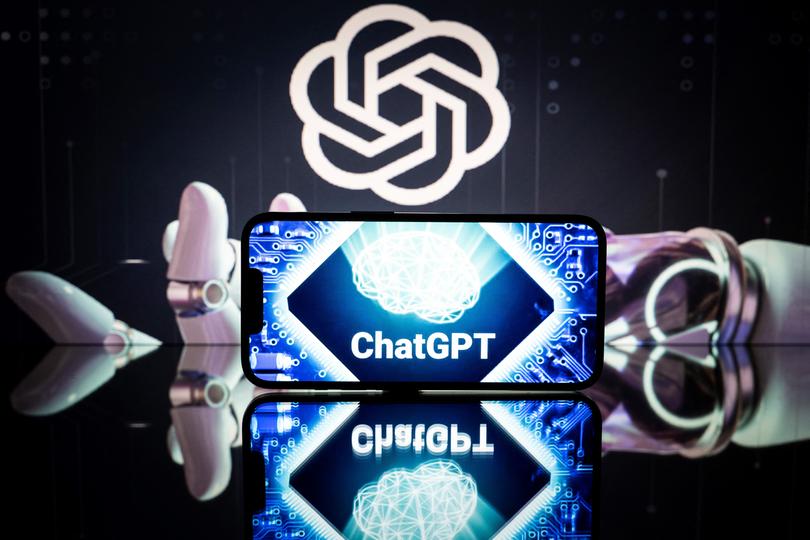Australia’s law schools consider responses to ChatGPT
Their immediate concern is that the AI program, which has been shown to write satisfactory essays and exams, will be used by students to cheat.

Law schools in Australia are assessing how they should deal with the challenges presented by ChatGPT, the artificial intelligence chatbot that has become a sensation since its release late last year.
They have yet to come up with solutions, but their immediate concern is that the program, which has been shown to write satisfactory essays and exams, will be used by students to cheat.
“We’ve revised how we’ll run assessments in 2023 and this will be reviewed continually during the year,” the University of Sydney Law School said in a statement. “All exams and tests will be supervised and we’ll use more pen and paper assessments.”
Like several other law schools, Sydney University Law School has an academic integrity policy that prohibits “inappropriate” use of digital information technology, including generating content using artificial intelligence.
This will also now apply to the use of ChatGPT.
The Australian National University Law School in Canberra said it, too, is concerned about the recent advancements and potential for technology-assisted cheating and “continuously monitors and updates its policies and practices accordingly.”
In a statement, it said it has robust measures in place to prevent academic misconduct and catch potential incidents, including “sophisticated assessment design and verifiable assessments such as nested assessments, assessments based on laboratory activities, practicums and fieldwork, timed assessments, oral presentations and invigilated examinations.”
The legal industry may find useful applications for generative AI such as ChatGPT in the practice of law, and law schools could eventually be at the forefront in teaching students how to use the technology to be better lawyers. But law schools still want to preserve their role as an important training ground for lawyers and worry that such programs will encourage cheating.
A study by the University of Minnesota Law School last month found that ChatGPT consistently achieved low but passing grades when answering questions from the university’s law exams.
James Scheibner, a lecturer who teaches a course called “Law in the Digital Age” at Flinders University in South Australia, said law schools have several “inbuilt protections” against the inappropriate use of ChatGPT by students, including the types of problem-solving questions they generally ask students to answer.
“The problem‑solving questions can make it fairly difficult for students to use any kind of generative technology to answer questions, because those involve quite complex‑factored scenarios,” he said.
Law schools also can set what Scheibner calls cumulative assessments—that is, interlinked research tasks on particular topics. And because there is continuity between the two tasks, it makes it much harder for students to just type in a question for ChatGPT and get a consistent answer between the two tasks.
Even so, the technology will remain a challenge for universities, Scheibner said.
Law schools say there have been no known incidents of cheating with ChatGPT so far. But the technology was released in November as the academic year in Australia was winding down for the long summer break. The new academic year has not yet begun.
The University of Queensland Law School said in a statement that it is emphasizing the importance of helping students understand the “ethical and effective use” of AI. And a spokesperson from Monash University Law School in Melbourne said the university is working to better understand Chat GPT and its impact on its students.
Western Australia’s Curtin University said it proactively tackles the issue “through education and support.” But without elaborating, it added that it uses “a range of detection strategies.”
Despite the efforts, the challenges faced by law schools and other academic institutions are only likely to intensify as similar AI programs become available. Google said on Monday it would soon release a chatbot called Bard, which is considered its response to ChatGPT.
“Large language models will continue to get better and perform better at answering complicated questions,” said Flinders University’s Schreiber. “So it’s something that we have to keep our eye on and look at the technology as it develops.”


